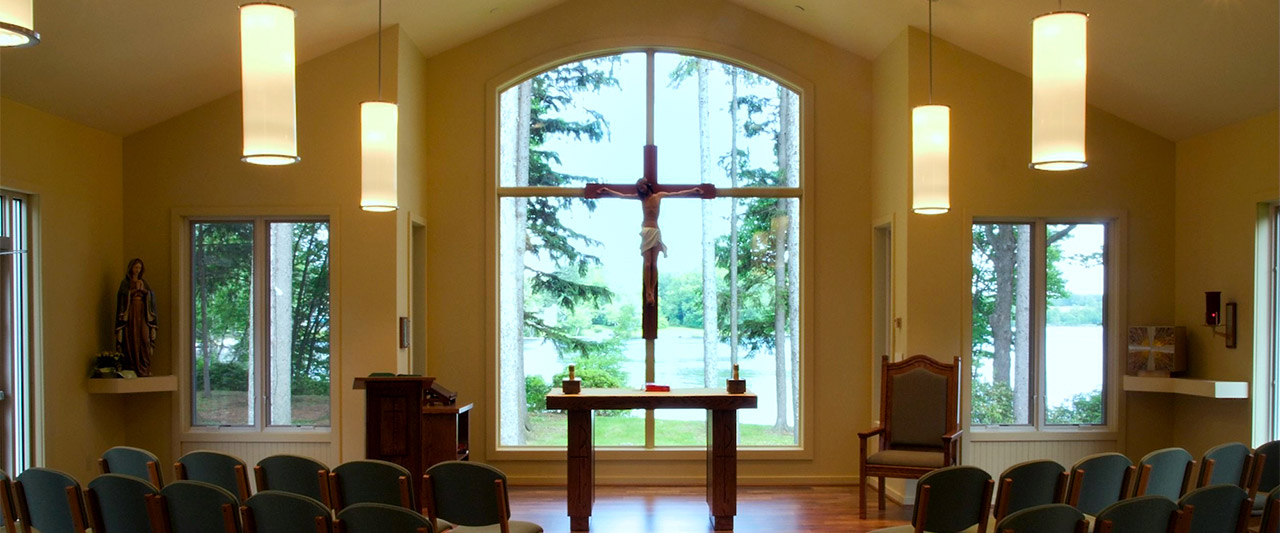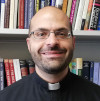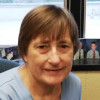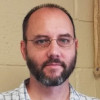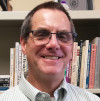Theology / Religious Studies Department
What We Do:
How We Stand Out:
- Theology at a Jesuit university emphasizes intellectual rigor, faith that does justice, encounter and dialogue.
- Our faculty are internationally recognized and published scholars.
- We foster a strong sense of community with departmental clubs and events that will enrich your learning experience.
- We offer faculty-led travel courses to Uganda, Jerusalem, Germany and Croatia.
- Our small class sizes allow professors to get to know you on an individual basis.
- The flexibility of our program allows students to pursue a double major or a minor in another area of study.
"It would be difficult to find a theology department more dedicated to the success of their students (than Scranton's)."
Nathan Houston, '20
Programs:
- - Our bachelor's program requires 30 credits in the major, including courses in the Old and New Testaments, historical / systemic theology, moral theology and a non-Christian religion.
- - The minor requires 18 credits. Students select courses freely from across several areas of theology.
Meet Our Faculty:
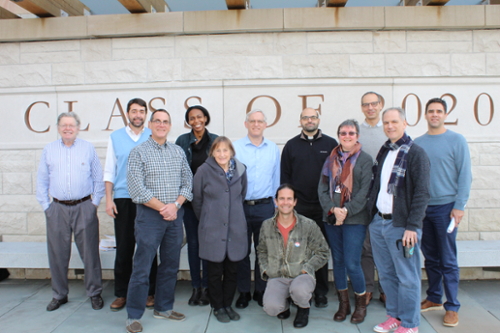
Inside the Classroom:
- Learn to think critically and to communicate intelligently about God, Christ, the Gospel, faith and the meaning of life.
- Build bridges between the Church and the world and among different religious traditions.
- Learn what it means and how to be "men and women for others."
- Study key aspects of human living, such as friendship, marriage, work, rest, knowledge and love.
- Examine historical and contemporary issues like medical ethics and economic justice.
- Visit local churches, synagogues, mosques and temples, and welcome visitors to your classroom.
- Intern at local schools and social service organizations.
Student Research:
Abbey Murphy, '20, presented a paper in 2019 at the National Undergraduate Theology Research Conference at Creighton University in Omaha, Nebraska."I had a great experience presenting my theology research at a conference, because I had the opportunity to have interesting discussions with other students about our projects. I not only learned about topics outside of my research interests, but I began to think about my research in relation to the research of others."
Career Outcomes:
Over the past decade, our students have gone on to work in:
- High schools (as teachers and campus ministers)
- Parishes (as directors of religious education and music ministry)
- Hospitals (as pastoral outreach coordinators)
- Social service agencies (as counselors, directors and caseworkers)
Many students continue their study of theology in master's and doctoral programs, as well as seminaries across the country. Others pursue graduate degrees in:
- Law
- Counseling
- Medicine
- Clinical psychology
- Art history
